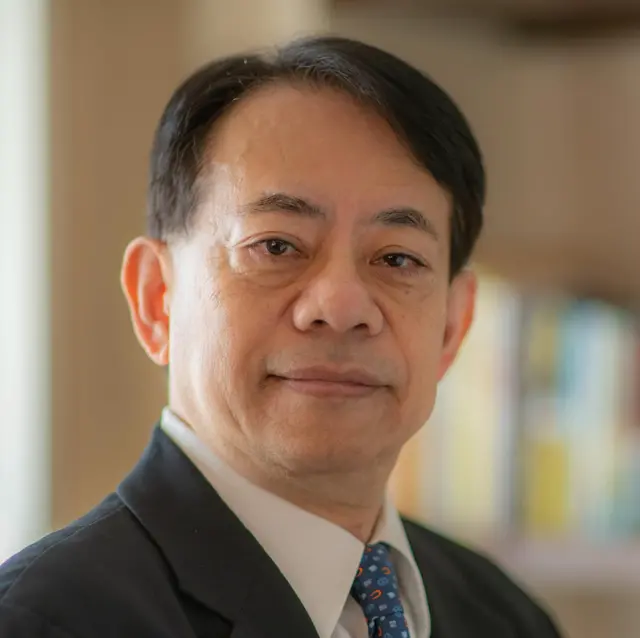By APD writerMelo M. Acuña
MANILA – Asian Development Bank President Masatsugu Asakawa said the overall growth in developing Asia this year would be negative.
“We now expect it to be -0.7%. This would be the first contraction in six decades; with the exception of the People’s Republic of China, where growth is expected to be 1.8% this year,” he said in his keynote address at the 2020 ADB Institute Annual Conference on “The Impacts of the COVID-19 Pandemic and its Policy Implications.”
He added while they expect developing Asia to recover by 6.8% next year, they cannot see a V-shaped recovery “as it will take some time for countries to recover to pre-pandemic levels of GDP growth.”
He said there is an alarming estimate that “an additional 80-160 million people in the region will be pushed back into poverty”, reversing much of the poverty reduction that was achieved in recent years.
However, with all the social and economic difficulties suffered by Asia Pacific nations, President Asakawa said “the pandemic has yet to show signs of ending anytime soon.” He added many countries are beset with second and third wave of the contagion.
He said the ADB has provided financial and knowledge support to governments and the private sector marked by a US$20 billion comprehensive response package in April. The ADB president said they have been providing grants and technical assistance since the early stages of the pandemic to help government buy health supplies and equipment. They also provided “quick-disbursing countercyclical financing” through a new instrument known as the COVID-19 Pandemic Response Option or CPRO which helped governments with tight financial capacity to attend to poor and vulnerable groups.
The ADB extended assistance to the private sector in need of liquidity and capital. They also extended short-term financing for trade and supply chains.
President Asakawa said they have already committed about US$14.4 billion in assistance and mobilized another US$8.4 billion in co-financing with other development partners.
“We are working intensively to develop a new mechanism that will ensure safe, speedy, and equitable access to vaccines throughout developing Asia, especially for poor and vulnerable population,” he said.
He mentioned five priority areas to rebuild and return to the path to growth. These include deeper, wider and more open cooperation, to address inequality by strong investments in education, health, and social protection as well as gender equality. He added their third priority is to ensure recovery is green and resilient by cumulative climate financing by 2030 with 75% of our total number of operations on climate change mitigation and adaptation as well as capitalization on increased digitalization with emphasis on e-commerce, cashless payments and virtual interactions.
ADB has prioritized the mobilization of sufficient domestic financial resources as President Asakawa said enhancing international tax cooperation should be a key agenda item for developing members “so that they are better equipped to tackle the aggressive tax planning of some multinational companies, which has resulted in base erosion and profit shifting.”
He promised to establish a regional hub on domestic resource mobilization and international tax cooperation to facilitate knowledge sharing between development economies and development partners.
In closing, he called on the Asian Development Bank Institute (ADBI) to further adapt its research and capacity building to meet what he referred to as “fluid circumstances and evolving needs of ADB’s clients” and harness ADBI’s network of universities and think tanks.
(ASIA PACIFIC DAILY)
 简体中文
简体中文



